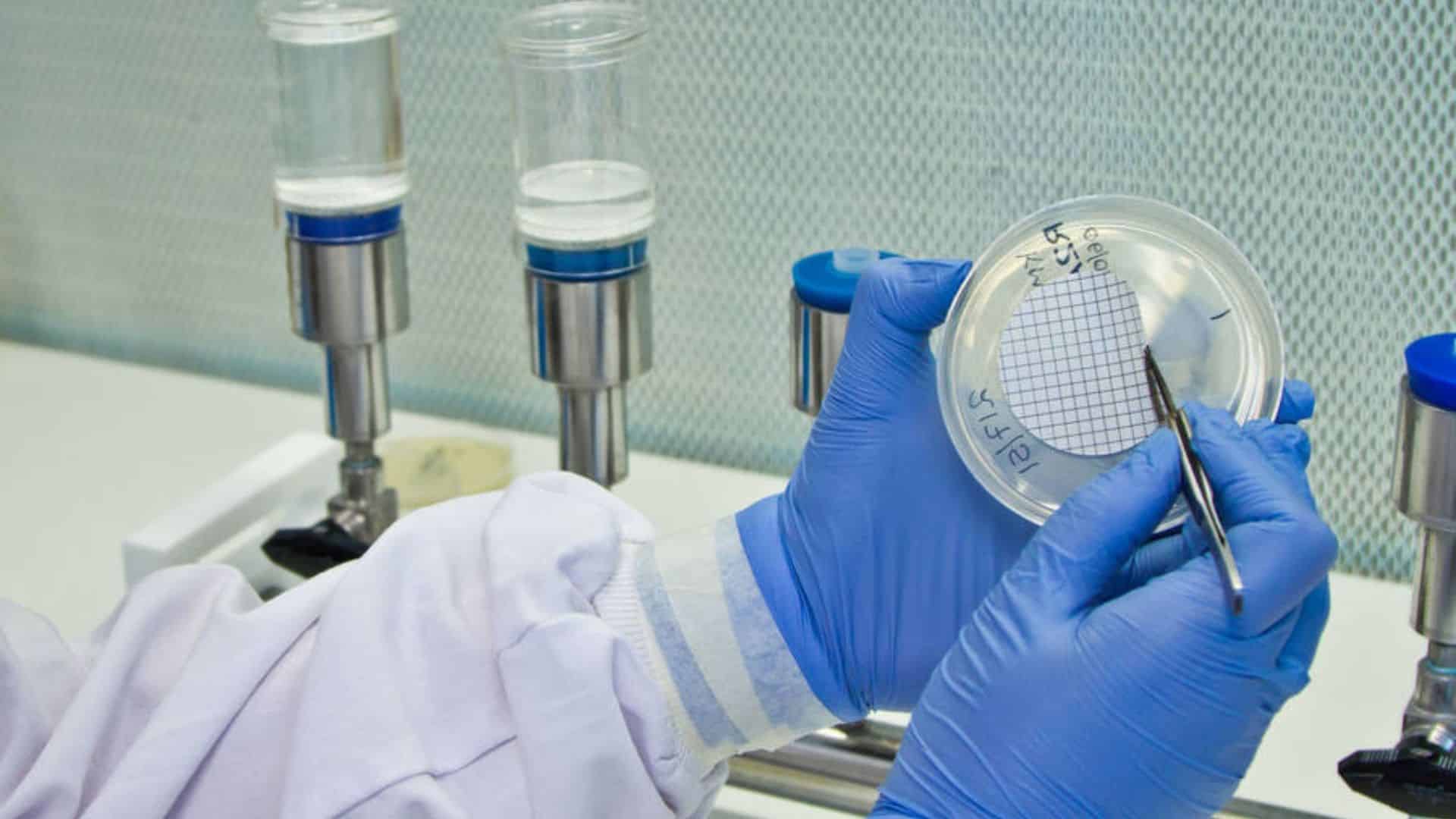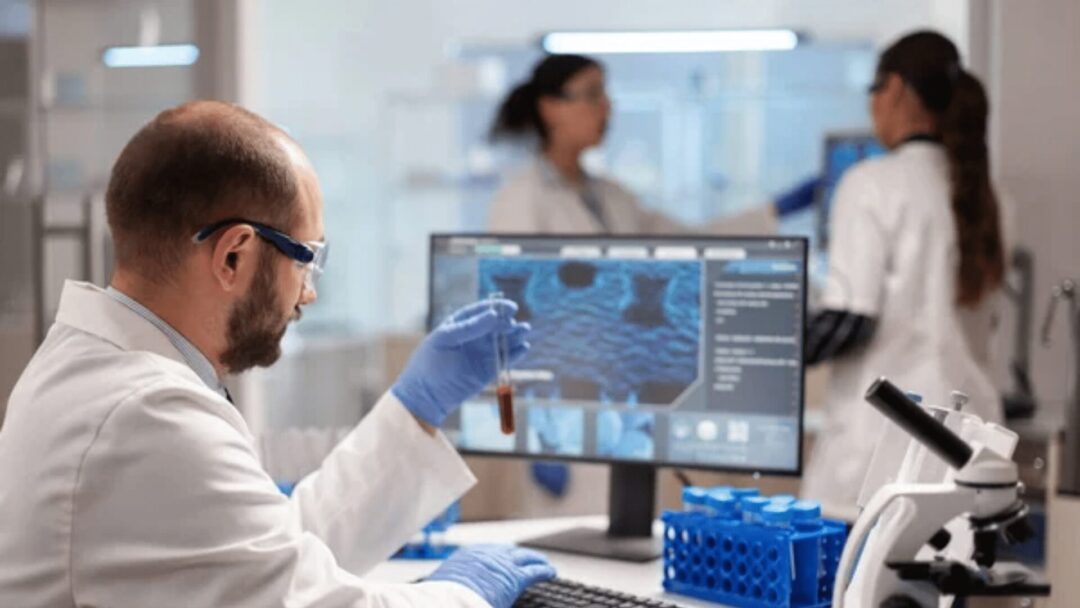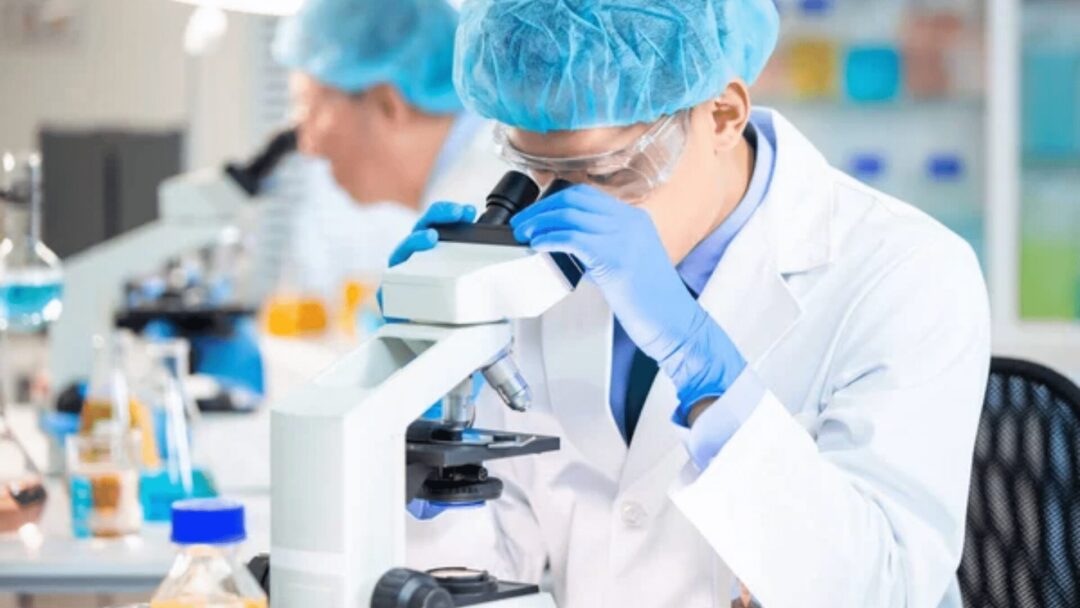Microbiological testing plays a vital role in ensuring the safety, quality, and compliance of various products, especially in industries such as food and beverage, pharmaceuticals, cosmetics, and environmental monitoring. A Microbiological Testing Lab serves as a critical checkpoint where products are scrutinized for microbial contamination and other potential hazards that could pose risks to public health. Understanding the key functions of a microbiological testing lab can help businesses ensure their products meet the highest standards of safety and quality.
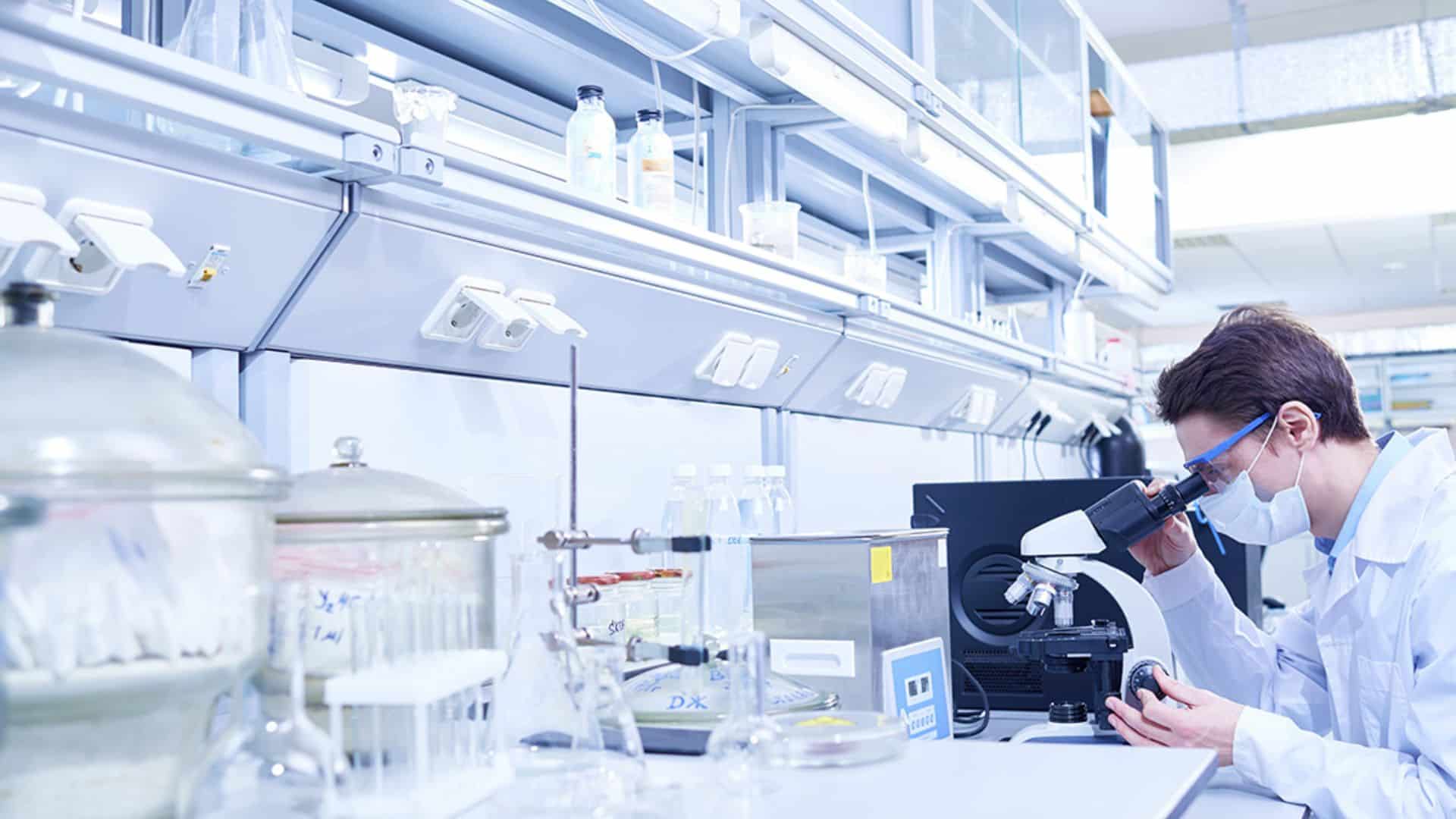
Detection of Pathogens and Contaminants
One of the primary functions of a microbiological testing lab is the detection of pathogens and contaminants. These labs use sophisticated methods to identify harmful microorganisms such as bacteria, viruses, fungi, and parasites that could cause disease if consumed or used. For instance, in the food industry, microbiological testing is essential to prevent outbreaks of foodborne illnesses caused by pathogens like Salmonella, E. coli, and Listeria. By detecting these contaminants early in the production process, companies can take corrective actions to ensure their products are safe for consumption.
Quality Control and Assurance
Microbiological testing labs play a crucial role in the quality control and assurance processes of various industries. These labs help ensure that products meet regulatory standards and industry benchmarks for microbial content. For example, in the pharmaceutical industry, drugs and medical devices must undergo rigorous microbiological testing to confirm their sterility and absence of harmful microbes. This testing ensures that the final products are not only effective but also safe for patient use. Quality control through microbiological testing helps prevent costly recalls and protects companies from legal liabilities.
Environmental Monitoring
Environmental monitoring is another key function of microbiological testing labs. These labs assess the microbial levels in various environments, such as manufacturing facilities, hospitals, and water treatment plants. Monitoring the microbial load in these environments is essential to prevent contamination of products and ensure compliance with health and safety regulations. For instance, in cleanroom environments, microbiological testing is conducted to verify that the air, surfaces, and equipment are free from harmful microorganisms. This monitoring helps maintain the integrity of the production process and ensures that products are manufactured in a sterile environment.
Method Development and Validation
Microbiological testing labs are also involved in the development and validation of testing methods. These labs design and refine testing protocols to accurately detect and quantify microorganisms in various products and environments. Method validation is a critical step that ensures the reliability and accuracy of testing results. By developing robust testing methods, microbiological testing labs contribute to the continuous improvement of quality control processes in industries such as food and pharmaceuticals. Moreover, validated methods are essential for regulatory compliance, as they demonstrate that testing procedures are scientifically sound and produce consistent results.
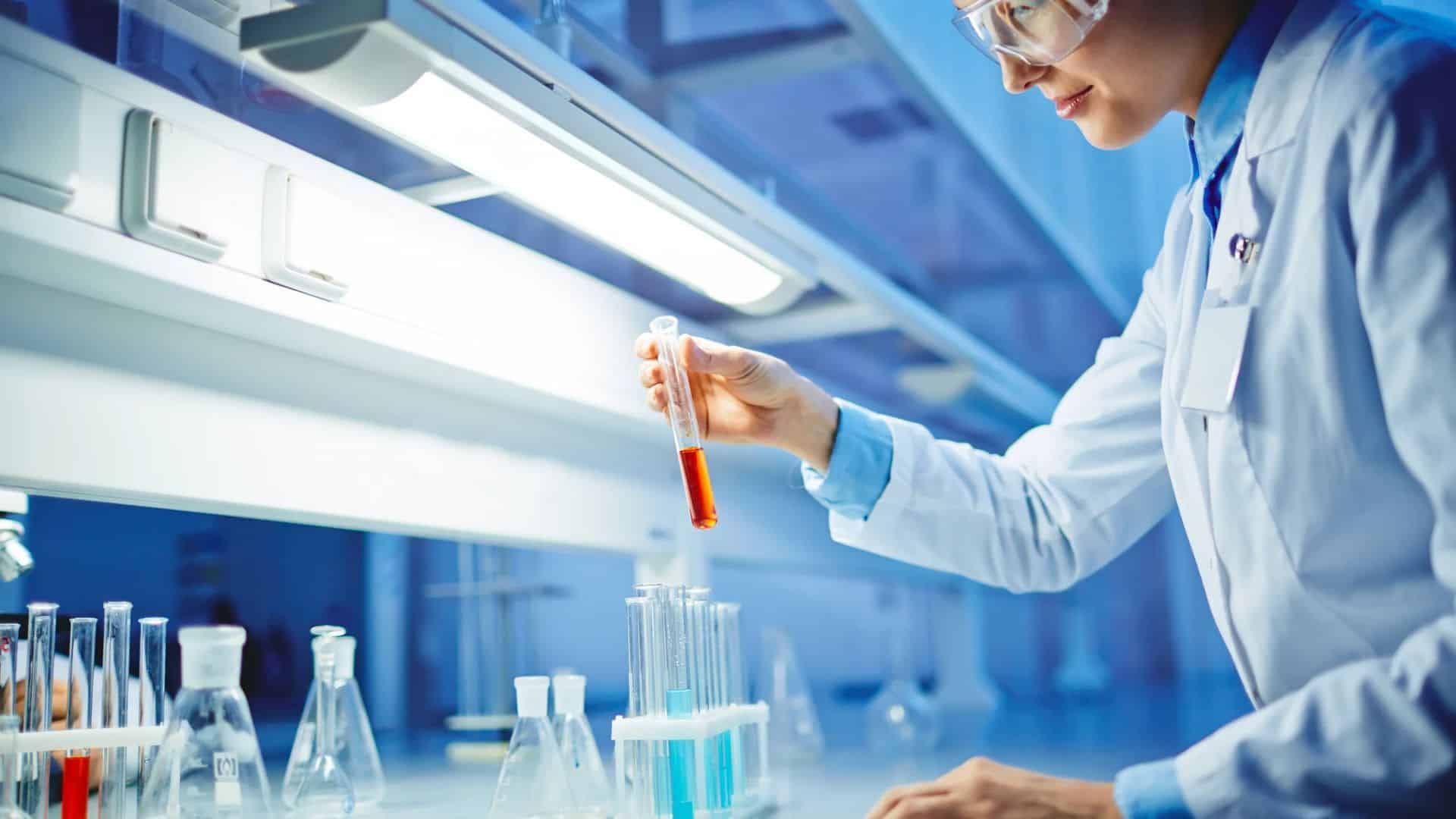
Conclusion
Microbiological testing lab perform a wide range of critical functions that are essential for ensuring the safety, quality, and compliance of products across various industries. From detecting pathogens to validating testing methods and conducting environmental monitoring, these labs play a vital role in protecting public health and maintaining industry standards. As industries continue to evolve, the importance of microbiological testing labs will only increase, making them indispensable partners in the quest for product safety and excellence. Whether you are in the food, pharmaceutical, or environmental sector, partnering with a reliable microbiological testing lab is key to achieving success in today’s competitive market.



